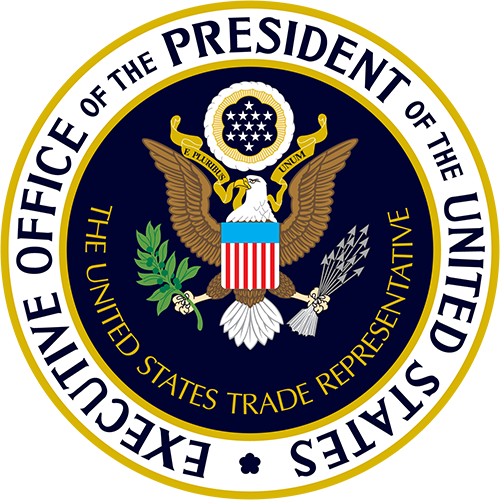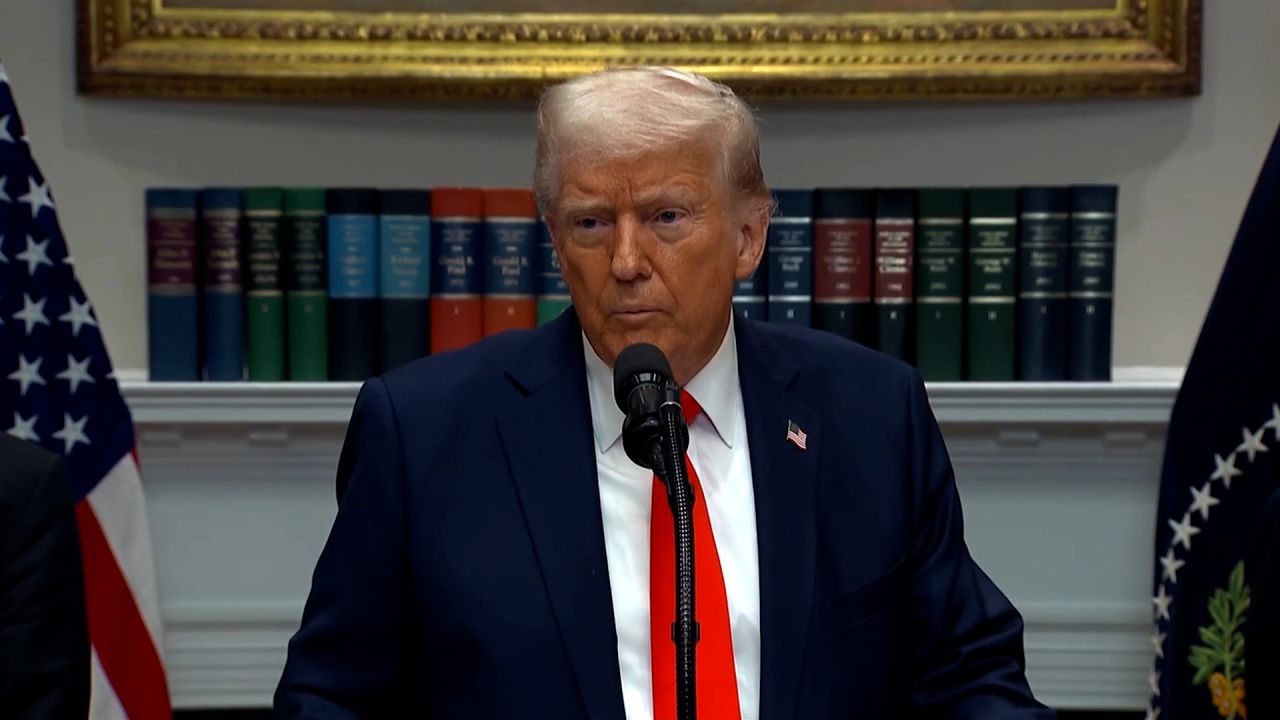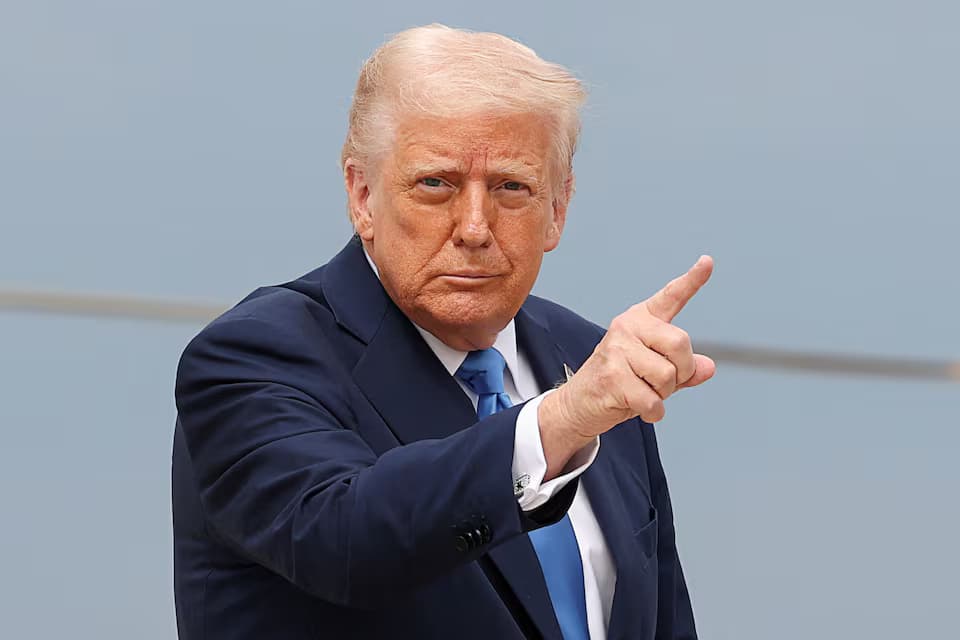President Trump has made waves with his latest announcement regarding the resumption of tariffs that could reach as high as 70% on various imported goods. This drastic measure, initially paused for 90 days, is now back on the table, leaving American businesses scrambling to understand the financial implications. The president"s remarks at Andrews Air Force Base signal a turn towards aggressive trade tactics that could have far-reaching effects on the economy.
Tariffs Could Dramatically Increase Costs
During a brief statement, Trump outlined his intention to send out letters to multiple countries detailing the impending tariffs. The range of these tariffs varies significantly, with estimates suggesting they could fall between 10% and 70% based on the trade balance with the U.S. This unpredictable tariff schedule creates an environment of uncertainty for businesses, particularly those reliant on imports. As reported, the original tariffs were already extensive, with duties ranging from 11% for the Democratic Republic of the Congo to 50% for Lesotho. Now, with the possibility of higher rates, the stakes are even higher.
Impact on American Consumers and Workers
The ramifications of such steep tariffs are profound. Workers in industries dependent on imported goods may face layoffs or reduced hours as companies struggle to absorb the increased costs. This is particularly concerning for low-income families who are already grappling with rising prices. According to recent data, wage growth has stagnated while inflation continues to climb, putting additional pressure on working-class Americans.
\n\n
U.S. Senate Confirms Jamieson Greer as Unite…
Trade Policy and Economic Justice
Trump"s approach to trade is a classic example of how economic policy can exacerbate wealth inequality. By placing the burden of tariffs on consumers and workers, the administration is prioritizing short-term gains over long-term economic stability. The idea that countries with minimal purchasing power from the U.S. would be subjected to higher tariffs is not only economically unsound but also a blatant disregard for international trade norms.
Investing in American Workers Instead of Tariffs
Rather than imposing punitive measures on foreign countries, a progressive approach would advocate for investment in American workers. This could include increasing access to education and vocational training, thereby allowing workers to transition into higher-paying jobs in sustainable industries. Redirecting funds allocated for tariffs towards worker support programs could foster a more equitable economy.
\n\n
Video: Hear Trump lay out his 25% tariff announcement | CNN Politics
The Call for Progressive Taxation
As the potential for higher tariffs looms, the conversation should pivot towards progressive taxation. Wealthy corporations and individuals must contribute their fair share to ensure that funds are available for social programs that uplift marginalized communities. A fair tax system would alleviate some of the economic pressures that tariffs impose on ordinary citizens and provide a safety net for those who are most affected.
Trump"s tariff strategy is not merely a trade issue; it is a profound economic justice concern that requires urgent attention. The ramifications of these policies will reverberate through the economy, affecting consumers, workers, and families alike.







![[Video] Gunfire between Iraqi security forces and Sadr militias in Baghdad](/_next/image?url=%2Fapi%2Fimage%2Fthumbnails%2Fthumbnail-1768343508874-4redb-thumbnail.jpg&w=3840&q=75)
